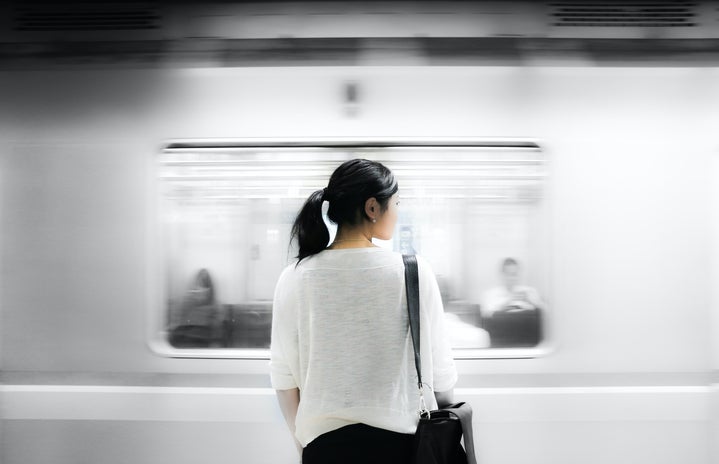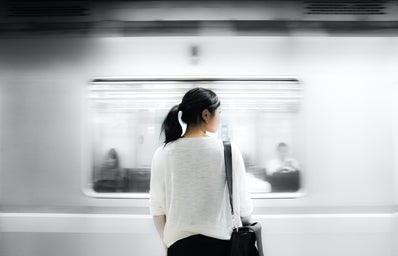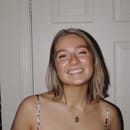If I were to tell most of you that I live every day with a disability most people would be shocked. If you had told me that three years ago, I wouldn’t have believed you. I have epilepsy, which qualifies as what is called an “invisible disability”. This Disability is not immediately apparent such as chronic illnesses and conditions that impair everyday life. I am extremely lucky, as long as I take my medication every day, my disability barely affects my everyday life. I am very fortunate, but this also forced me to have to reckon with my place within the disabled community and whether I should even identify as disabled.
I had my first (and only) seizure on the first day of my senior year of high school. Instead of all the bittersweet firsts that come along with senior year, I was now trying to understand this new identity that had been thrown my way. My disability had consumed my previous identity. The three months after my diagnosis were the worst of my life. I completely lost myself and did not know if I would ever get her back. I am extremely independent, sometimes being told that I’m too independent. This meant that relying on others and having everyone worry about me was not something I was used to. The most vivid memory I have from that time was my first day back at school after my seizure. During my seizure, I had hit my face off of a door hinge causing a large scratch above my eye and on the bridge of my nose. I was very insecure about the cuts on my face but I also would not allow myself to feel sorry for myself, or feel as if I had lost even more of my independence so I only took one day off of school. When I returned to school I had to field the expected questions about where the cuts had come from, but what I did not expect was the amount of pity people had for me. It is still one of the worst feelings I have ever experienced. I believe many of them thought they were being sympathetic but in reality, I felt as if I was being treated as lesser of a person than who I was before my diagnosis.
Once you receive a chronic illness diagnosis, it feels like you are thrust into an entirely new life. My parents never let me out of their sight and my friends were continuously texting me to make sure I was okay. I was constantly being asked how I felt, about the details of my diagnosis, and about what it meant for my future. I was expected to educate my teachers, coaches, and acquaintances on my disability, even though I was still learning myself. I spent countless nights researching my diagnosis and wondering how it would affect my life. Would I have another seizure? Will I ever be able to drive again? Will this affect my ability to have children? I had never felt that type of fear or uncertainty about my future before.
When someone is described as disabled there is a clear image that pops into someone’s mind whether it is a wheelchair or someone who is neurodivergent. I am not someone many would consider disabled until I tell them my diagnosis of epilepsy, and even then it is hard for many people (including myself) to fathom how someone like me is considered disabled.
I have spent the past three years learning my place within the disabled community. I had to relearn much of what I thought about disability, and once I started doing that I began to learn my place. As hard as it was at first, I am able to educate others on disability since many people are ignorant to what disability really is, similar to how I once was. Disability is not always visible and we as a society need to do better to educate ourselves and others on the diversity and importance of the disabled community. My place is also as an advocate for those in the disabled community that are not able to advocate for themselves. After my seizure, I was almost infantilized which in my opinion is the largest issue with how the disabled community is treated. Many people see those with a disability as lacking humanness but in reality, the amount of diversity of humans is what makes us humans.
Over the past three years, I have been able to embrace this new identity and be proud of how far I have come. I used to be scared of how people would react when I told them I have epilepsy and would spend hours in my bedroom thinking of how each conversation could go and rehearsing how I would tell someone. My diagnosis used to take up so much space in my mind but now it is just part of who I am and not the one thing that defines me.


